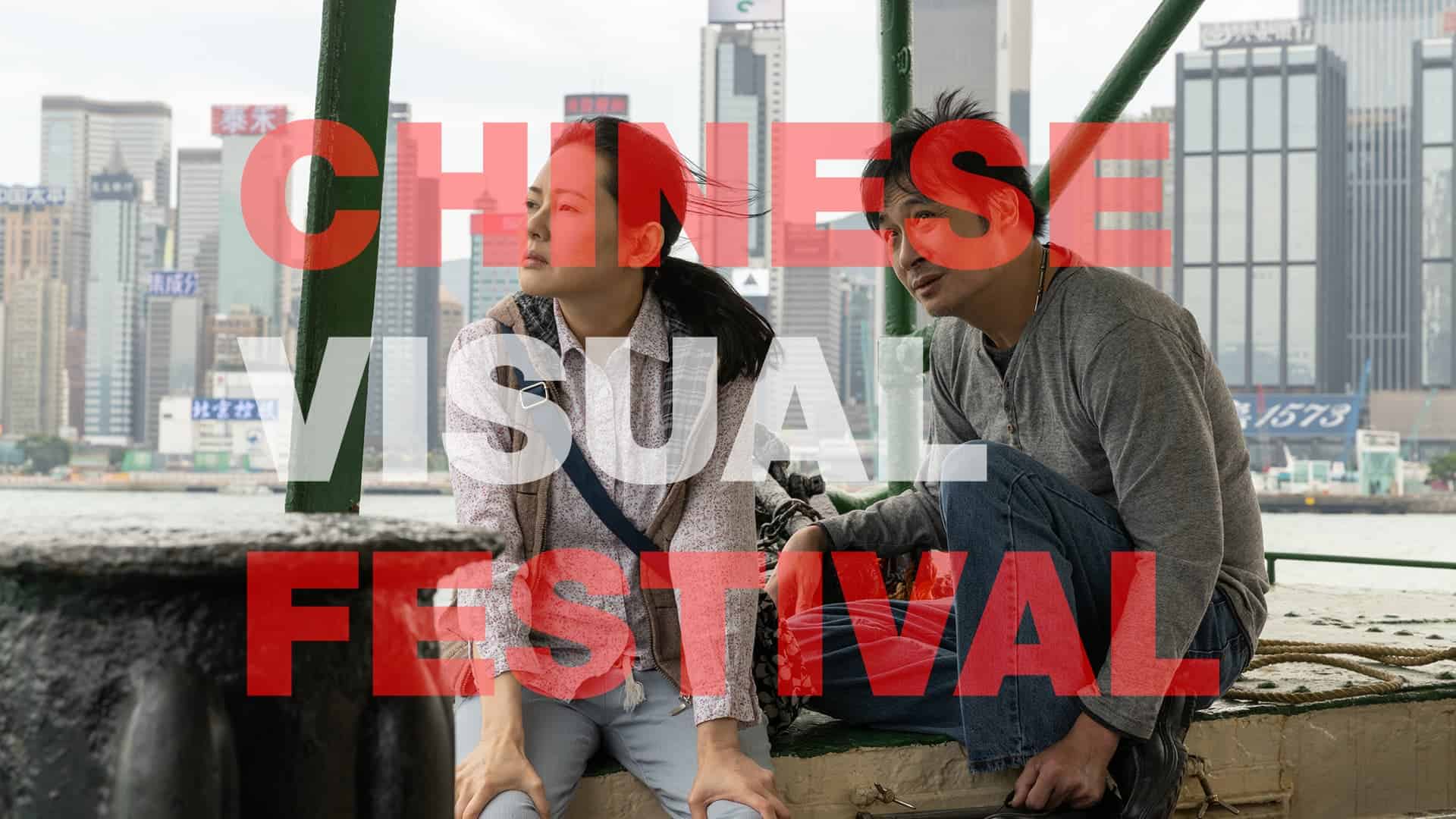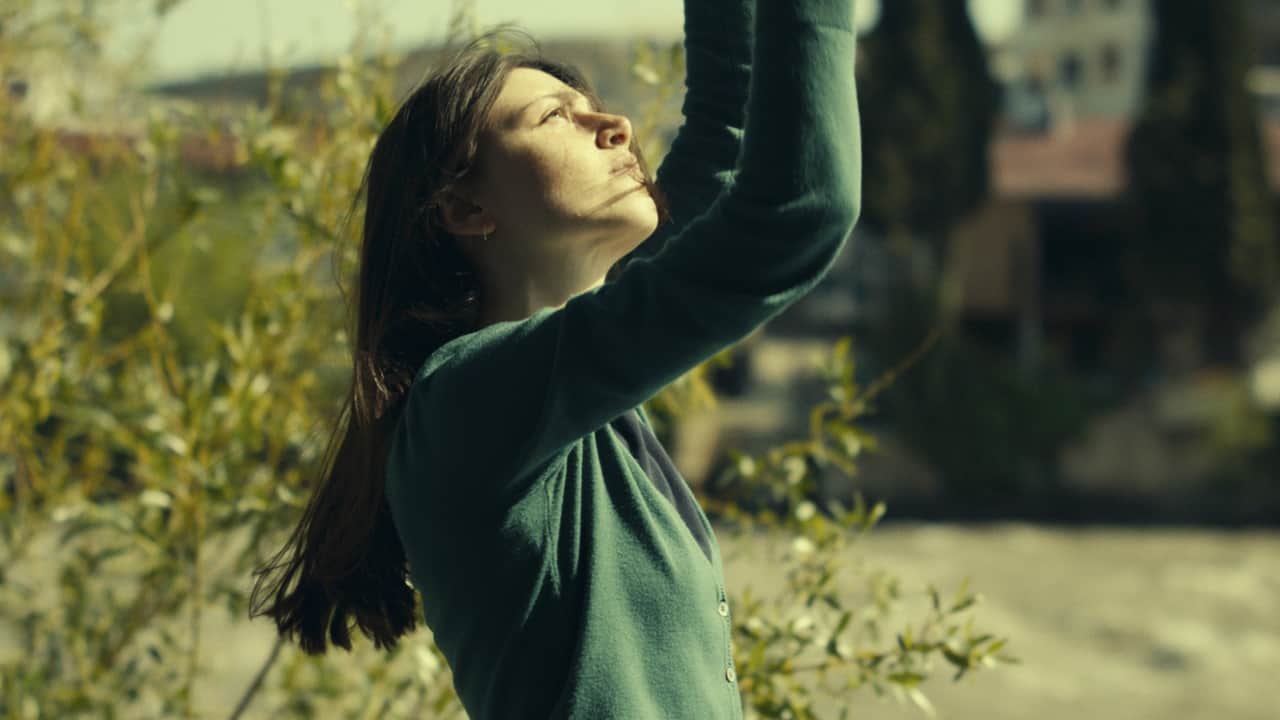One of the many repercussions of the protests in Hong Kong which took place in the last years is that it showed the vast difference between certain parts of the population and the political caste. At the same time, it shed some light on the social differences of the city, the social chasm symbolized by gigantic skyscrapers for the super-rich and luxurious condos on the one hand, and a growing number of people forced to either leave the city for good or who became part of the homeless. With his acclaimed directorial debut “Tracey” filmmaker Jun Li has already proved his keen eye for these social issues in his home country, and his follow-up “Drifting”, based on a true story, is no exception. Focusing on the problems of the homeless, and a court case against the Hong Kong government, Jun Li discusses the concept of class, but also themes such as dignity, respect and how people can become invisible due to unfortunate incidents in their lives.
“Drifting” is screening at Chinese Visual Festival

After having served his jail sentence, Fai (Francis Ng) returns to the streets of Hong Kong, and also the group of homeless people he is part of. However, trouble soon finds its way back to his life, when the police raid their makeshift homes on the streets, throw away their possessions and leave Fai as well as the other people of his group without any shelter for the night. As they tell a social worker about what has happened to them, she not only shows her support, but also urges them to sue the city, especially since they were given no notice about the raid in advance. While his peers hope for a financial settlement, Fai insists on an apology from the people responsible for the treatment they received.

However, Fai and the others re-build their homes underneath a bridge and, over time, make themselves rather comfortable, using whatever material they get their hands on for their shacks. With the help of the social worker, some of them get a chance to move to an actual apartment, while Fai receives medical treatment for his drug addiction and his foot. But, as the court case continues and an arrest takes place in the newfound home under the bridge, it is only a matter of time before Fai has to leave his home again.
In an interview with easternkicks.com, Jun Li explains how he came upon the case back when he was in journalism school. After the clearance of their makeshift homes underneath the flyover by the authorities, he interviewed some of the homeless, an experience he remembered when he was thinking about ideas for his next project. Considering this background, there is a distinct realist approach to the story of “Drifting”, which relies mostly on the perspective of people like Fai, but also the other homeless people around him. Jun Li's script explores the dynamics of the group, the role of drugs and alcohol, but also the kind of community they form in order to be able to offer some kind of protection for one another, as the world they live in is either hostile or treats them with disregard.
One of the most notable aspects of “Drifting” is how it portrays Hong Kong's society from the perspective of the disenfranchised. While Fai is considered a drunk and an addict, Francis Ng emphasizes in his performance that his character has a strong sense of right and wrong. Even though the authorities may treat him without respect and dignity, he insists on being treated that way, which is perhaps the biggest affront in a society based more on money than values. It is a notion also present in the visual landscape of “Drifting” as it highlights social differences with the sharp contrast of the makeshift homes and the skyscrapers surrounding them. Its is not just that people like Fai are poor or homeless, but they are also part of the invisible class.
In conclusion, “Drifting” is a social drama about class and the disenfranchised. Jun Li highlights that people like the characters in the movie should be treated with dignity and respect, and how the vast social differences in Hong Kong as well as gentrification makes these problems increasingly worse.















